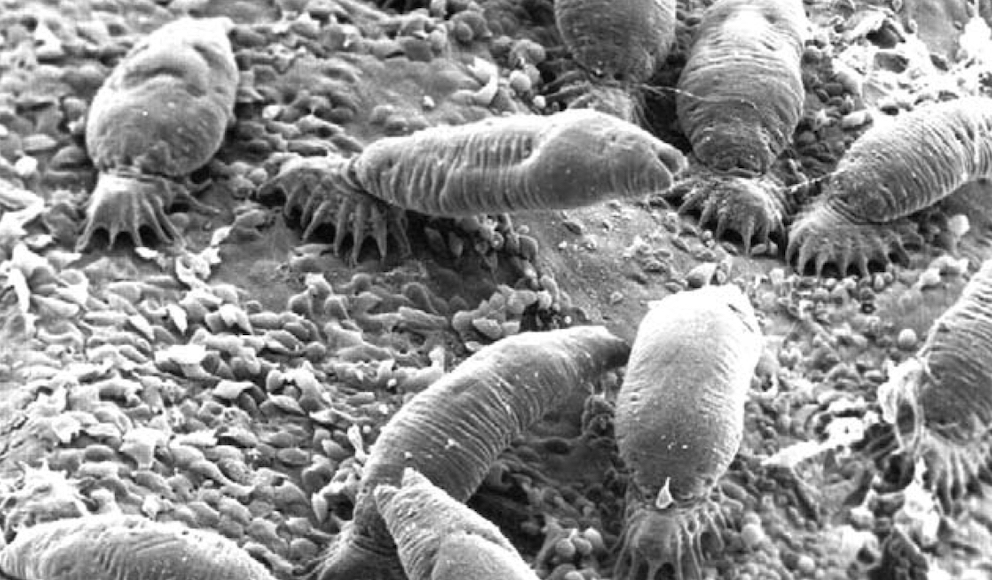It is always a pleasure if international scientific cooperations deliver exciting results. This was the case with my cooperation with colleagues at the University Hasselt, Belgium. The study was a key component of the PhD thesis of Armando J. Cruz‑Laufer who also coordinated the drafting of the scientific manuscript that was very recently accepted for publication in the prestigious journal BMC Biology.
The study addressed the adaptive evolution of stress related genes in parasitic flatworms since they are of particular importance for parasite survival and, more generally, their evolutionary success. Using ectoparasitic monogenean fish parasites as model It was attempted to understand the link between stress response genes and the parasites’ ecological diversity and species richness.
DNA sequence data were assembled for important stress response genes for several Cichlidogyrus and Kapentagyrus (Platyhelminthes: Monopisthocotyla) species that differ in their ecological diversity. Gene duplications and signals of positive selection were detected, which is in line with the assumption of molecular adaptation linked to co-radiation of the parasites and their hosts. Mitochondrial protein import and parasite behaviour seem to be of particular importance for the adaptive radiation of the studied monogenean parasite species.
The manuscript entitled ‘Adaptive evolution of stress response genes in parasites aligns with host niche diversity’ that presents the results briefly summarized above is currently at the proofs stage, and will appear shortly online. It will be published open access, meaning that it can be read by anybody who wishes to do so.
![]()
